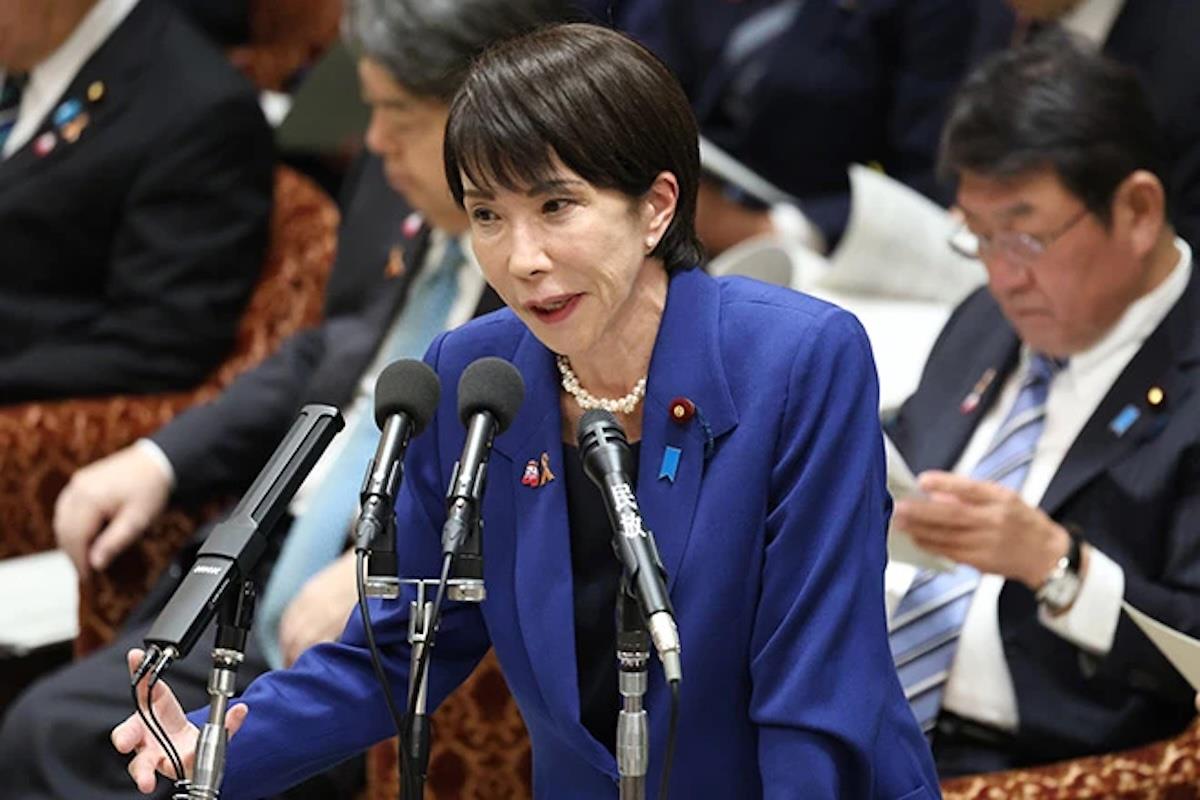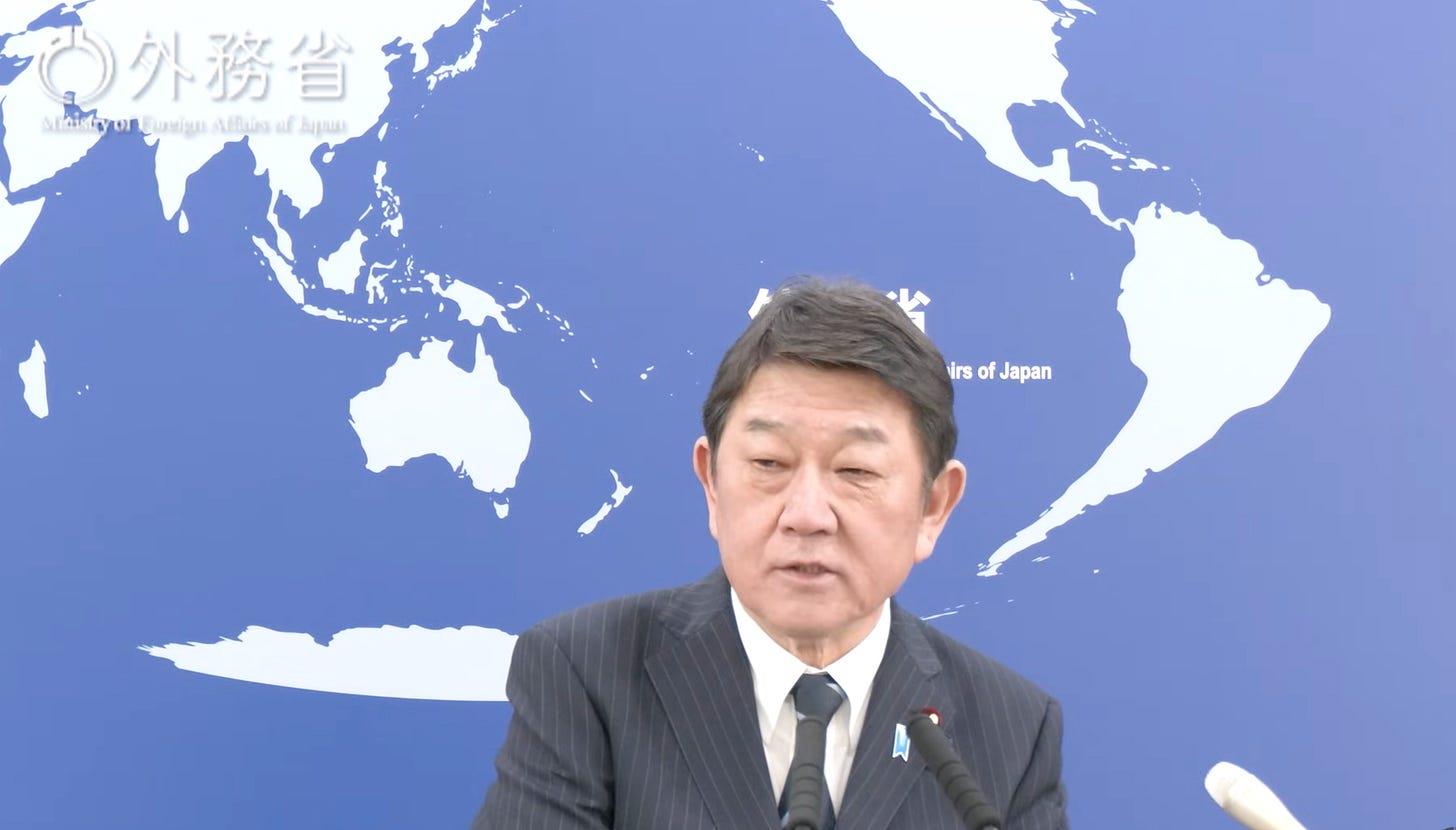
Japan And China Continue To Spar Over Takaichi's Taiwan Remarks
The Japanese and Chinese governments continue to trade words over Prime Minister Sanae Takaichi's remarks about a role for Japan in a Taiwan contingency, with the Japanese government protesting the Chinese government's issuance of a travel warning about Japan to its citizens.
This exchange followed each government's summoning the other's ambassador for reprimands. On Friday, Japan's Ministry of Foreign Affairs summoned China's ambassador to lodge a protest with his government; Japan's ambassador had previously been summoned for a similar dressing down in Beijing.
The Takaichi government may be reluctant to escalate further – notwithstanding calls from within the Liberal Democratic Party (LDP) and Ishin no Kai to declare Xue Jian, China's consul-general in Osaka, persona non grata – but even if the two governments are able to refrain from further steps, it is difficult to see how Tokyo and Beijing will be able to put the relationship on a sounder footing in the near term.
Takaichi government prepares the groundwork for a fiscal shiftThe Takaichi administration, focused on introducing a stimulus package including measures to address public concerns about the rising cost of living, may be nearing a package totaling JPY17 trillion, surpassing last year's JPY13.9tn.
The pillars of the extra budget are familiar from earlier reporting – tax reductions, including increasing the income tax reduction to JPY1.6 million, additional defense spending to bring total spending to 2% of GDP this fiscal year, and initial“strategic investments” in priority sectors – but the scale is higher than suggested previously.
This package, which could entail the largest supplemental budget since 2013 (excepting those introduced to combat the Covid shock), is the clearest sign yet that Takaichi, despite her government's emphasis on“responsible fiscal expansion,” is, in Nikkei's words,“aiming to remove restraints” on fiscal policy.
Takaichi has now repeatedly discussed shifting how Japan pursues a primary balance target, which, when combined with her ambitious spending plans, suggests that the result could be larger deficits even as the government hopes that raising tax revenues will facilitate fiscal expansion.

Legal Disclaimer:
MENAFN provides the
information “as is” without warranty of any kind. We do not accept
any responsibility or liability for the accuracy, content, images,
videos, licenses, completeness, legality, or reliability of the information
contained in this article. If you have any complaints or copyright
issues related to this article, kindly contact the provider above.






















Comments
No comment